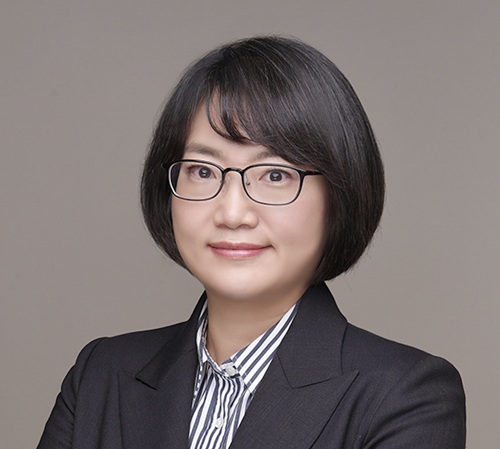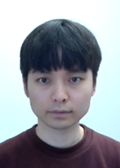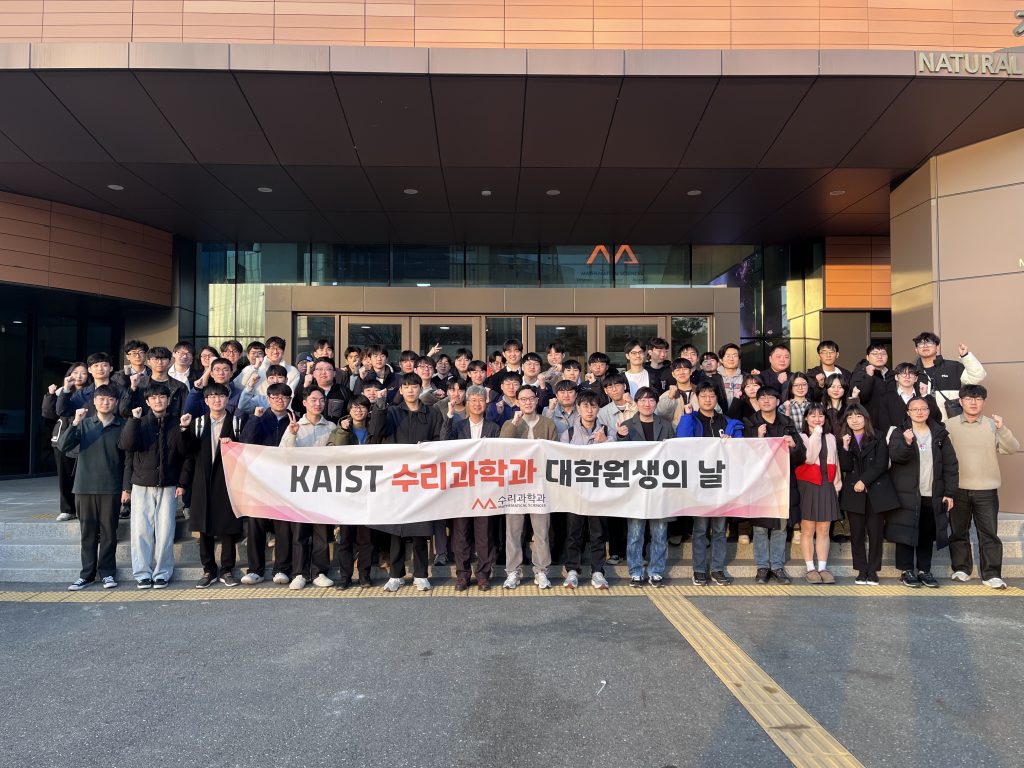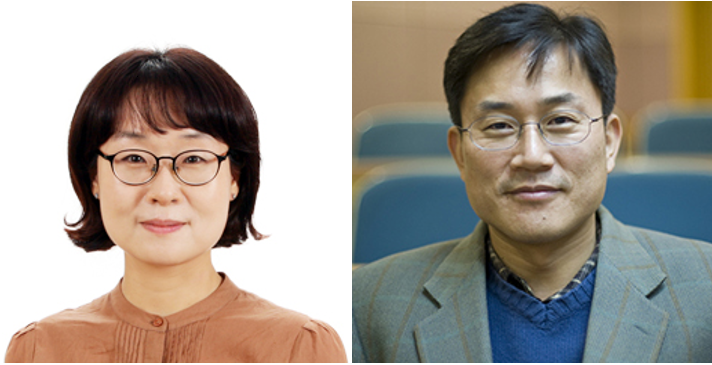학과 세미나 및 콜로퀴엄
한주영 (Czech Technical University in Prague, 소프트웨어 공학과)Topology, Geometry, and Data Analysis
Topological Data Analysis with two applications: Tumor Microenvironment and D Chromatography with High-Resolution Mass Spectrometry
6인의 학생 (KAIST)기타
대수곡선, 리만곡면에 대한 여름 개별연구 발표회
Masaki Taniguchi (Kyoto University)위상수학 세미나
Any non-trivial cable of the figure eight knot has infinite order
Sungkyung Kang (University of Oxford)위상수학 세미나
TBA
대학원생 세미나
SAARC 세미나
편미분방정식 통합연구실 세미나
IBS-KAIST 세미나
AI수학대학원 세미나
학술회의 및 워크샵
학생 뉴스
북마크
Research Highlights
게시판
동문 뉴스
Problem of the week
Let \( X_1, X_2, \ldots \) be an infinite sequence of standard normal random variables which are not necessarily independent. Show that there exists a universal constant \( C \) such that \(\mathbb{E} \left[ \max_i \frac{|X_i|}{\sqrt{1 + \log i}} \right] \leq C\).











